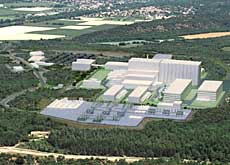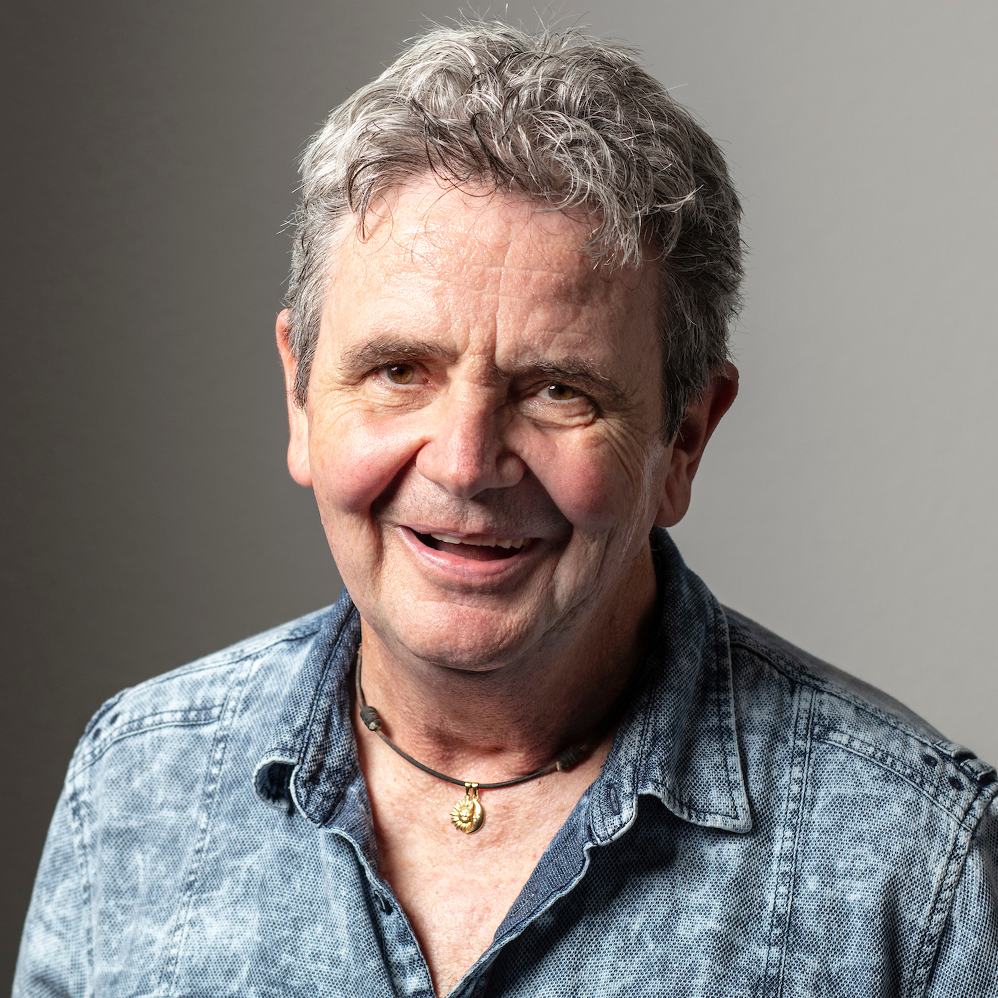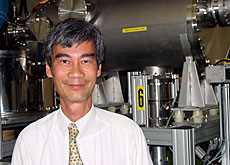Fusion reactor finds home in France

Swiss scientists are delighted that the International Thermonuclear Experimental Reactor (ITER) will be based in Cadarache in southeast France.
Researchers across Switzerland, who have been working on unlocking the potential of thermonuclear energy for decades, are participating in the multi-billion euro project.
A decision on where the experimental reactor should be located was due to be taken 18 months ago.
But with several nations involved in the project, which is likely to cost €10 billion (SFr15.5 billion) over the next 30 years, reaching an agreement proved difficult.
After Spain and Canada were rejected, it came down to a fight between France – backed by the European Union, Russia and China – and Japan, which was supported the United States and South Korea.
The French bid eventually carried the day at a meeting in Moscow last week.
The Japanese will, however, be well compensated. They will supply a fifth of the staff and will receive 20 per cent of the construction contracts for the reactor. In addition, European countries have agreed to finance a related research programme in Japan.
“Close to Switzerland”
Based near Aix-en-Provence, north of Marseille, Cadarache is “on our doorstep”, noted Jean-Pierre Ruder at the State Secretariat for Education and Research.
The southern French site is about 400 kilometres south of Switzerland.
Around 100 researchers in Switzerland have spent the past ten years working on fusion projects linked to the ITER.
Institutions involved include the Centre for Research in Plasma Physics (CRPP) at the Federal Institute of Technology in Lausanne, the Paul Scherrer Institute in Villigen and Basel University’s Institute of Physics.
Swiss expertise will be harnessed for the construction of microwave tubes to heat the plasma, measuring equipment, superconductor cables and materials capable of withstanding constant bombardment by neutrons.
The director of the CRPP, Minh Quang Tran, has been head of the European Fusion Development Agreement (EFDA) for the past two years. The EFDA, of which Switzerland is a partner, is overseeing European contributions to the ITER.
Energy of the future
Even though the reactor will be able to produce thermal energy at the level of a commercial power station, it will not be supplying electricity to the grid because of the technological challenges.
“The first reactor to do so will probably come on line in around 50 years,” said Kurt Appert, vice-director of the CRPP. “But in 100 years we reckon that 10-20 per cent of the world’s energy will be produced by fusion.”
The prospect of clean, inexhaustible energy therefore remains a long way off – certainly too far away for environmental groups such as Greenpeace which have branded the ITER project “expensive, dubious and dangerous”.
The danger, they say, comes from building the reactor in an area of France with one of the highest risks of earthquakes. Those behind the project have promised to construct buildings capable of withstanding a tremor measuring up to 6.5 on the Richter scale.
swissinfo, Marc-André Miserez
Fusion energy from the Sun has warmed the Earth for billions of years.
Scientists believe they can reproduce the same mechanisms to generate electricity.
To achieve nuclear fusion, atoms have to be heated to around 100 million degrees Celsius. At this temperature matter becomes a kind of “soup” of elementary particles, called plasma.
The fuel required – the elements Deuterium and Tritium – can be obtained from water and lithium, both found in abundance on Earth.
It is hoped that waste materials produced by nuclear fusion will lose their radioactivity after 100-200 years, unlike those from nuclear fission reactors which remain radioactive for thousands of years.

In compliance with the JTI standards
More: SWI swissinfo.ch certified by the Journalism Trust Initiative


You can find an overview of ongoing debates with our journalists here. Please join us!
If you want to start a conversation about a topic raised in this article or want to report factual errors, email us at english@swissinfo.ch.